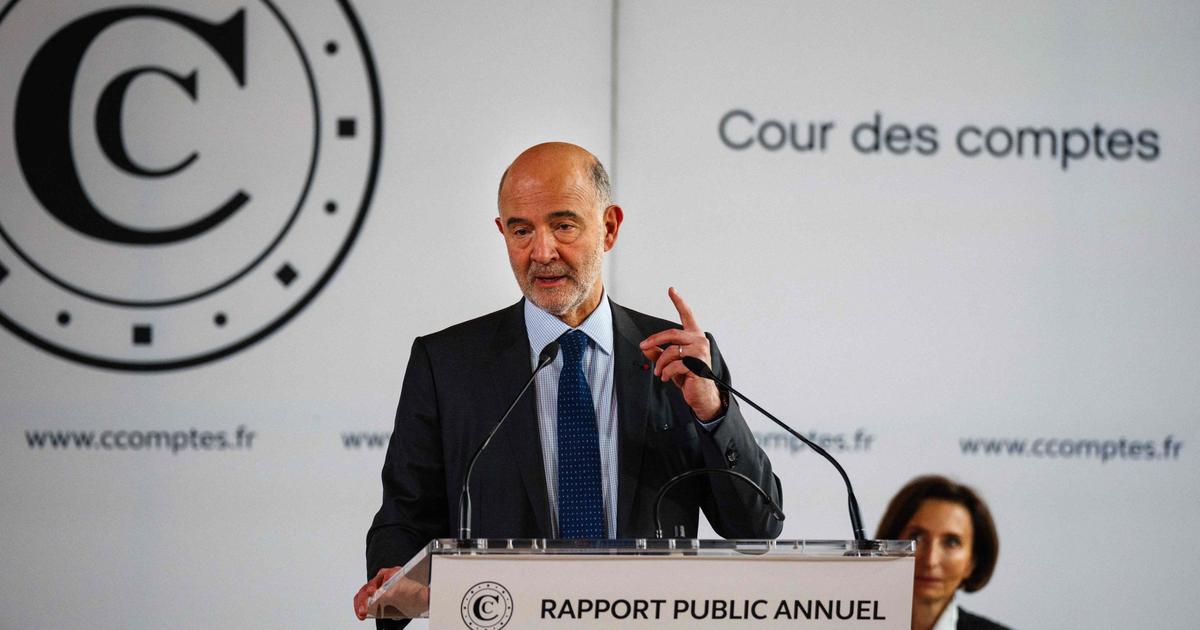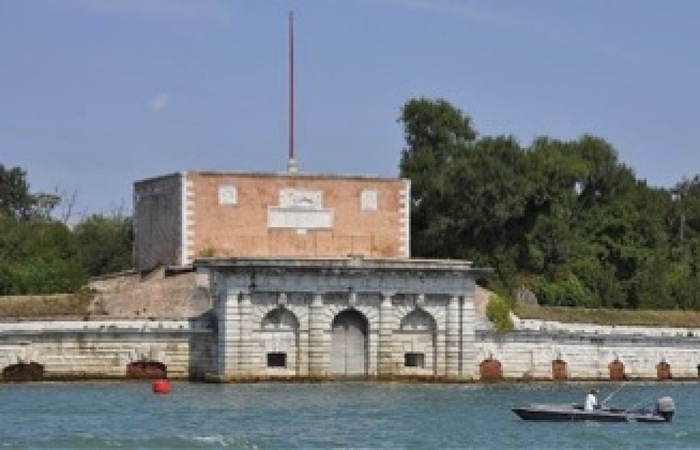Rehabilitation of a residential building in Madrid.Santi Burgos
Europe is under a perfect storm.
The intersection of multiple crises is putting the leaders and citizens of European countries under the ropes.
The health crisis caused by the covid-19 virus, from which we barely had time to begin to recover, has been joined by a terrible energy crisis exacerbated by the worst war in Europe in the last seven decades, a climate crisis that has left us terrible heat waves and floods and a cost-of-living crisis that is deepening the continent's inequalities and squeezing domestic economies with unaffordable purchase prices and energy bills for many.
The word energy poverty, unfortunately, is no longer alien to us.
In this disturbing context, the role of local leaders in the energy crisis is more crucial than ever, with governments being closest to the day-to-day needs of their citizens.
The mayors of large and small European cities have taken pains to protect the most vulnerable from the unacceptable dilemma of paying energy bills or eating.
Energy advice points such as those promoted by the cities of Barcelona or Rome have become essential for many desperate citizens due to the increasing price of electricity.
Aid programs such as the replacement of inefficient and polluting coal-fired boilers with heat pumps in Warsaw, which were difficult to start, have become the solution to reduce the cost of reaching acceptable and affordable thermal comfort in many homes.
Or Milan's commitment to install 60,000 square meters of photovoltaic panels in public buildings through public-private collaboration to promote energy communities.
But there are many more actions that cities can carry out with the right support.
In April 2022, the main European mayors of the C40 network of cities, together with the International Energy Agency, presented an emergency plan with 10 essential points to combat the energy crisis and reduce dependence on fossil fuels such as gas. or oil.
This plan identifies three priority areas of work: the promotion of renewables, the acceleration of the deep energy rehabilitation of buildings and the implementation of support programs for the most vulnerable.
These measures are focused on reversing decades of lack of investment in the implementation of a clean energy system, more efficient buildings and support for a more sustainable transportation system.
With the right support and funding, cities can lead the way out of the energy crisis,
Meeting in Brussels
On February 22, a representation of European mayors met in Brussels with the European Commissioner for Energy, Kadri Simson, to show their support for the ambitious climate goals of the European Union and to discuss the role of cities in accelerating the building rehabilitation.
The message from the mayors was clear: it is essential that European leaders triple investment in annual building renovation from the current 1% to 3% – starting with the most vulnerable households – if Europe is to meet its 55% reduction target. of greenhouse gas emissions by 2030,
According to a recent C40 study, this is equivalent to rehabilitating a minimum of six million homes per year in the next five years, 15% of all European homes, at an approximate cost of around 200 billion euros.
Investing one million euros in energy rehabilitation of buildings and the installation of solar panels also has six times more potential to create new jobs than investing the same amount in gas plants.
Europe expects to receive updates on the Recovery and Resilience Plans of the Member States of the European Union in the coming weeks, after requesting that these plans be aligned with the RePowerEU plan - the Union's plan to combat the energy crisis -.
It is, therefore, a crucial moment for European countries, especially those with a greater allocation of recovery funds such as Italy or Spain, to take into account the need to be even more ambitious in their national energy rehabilitation objectives.
They will have their great allies in the cities.
Júlia López Ventura
is director of the European Region of the C40 Cities network of cities.
You can follow CLIMATE AND ENVIRONMENT on
and
, or sign up here to receive
our weekly newsletter
Subscribe to continue reading
Read without limits
Keep reading
I'm already a subscriber



/cloudfront-eu-central-1.images.arcpublishing.com/prisa/D3KKZZA5HZBEDA4TSYE7XVGSKQ.jpg)











